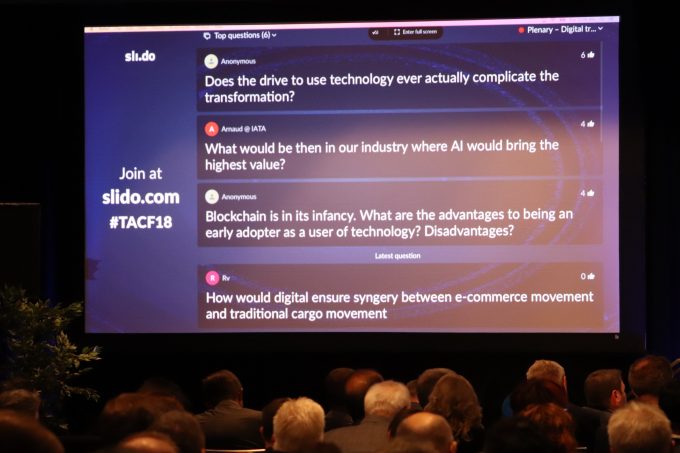Uber Freight launches spot market tool as it aims to be a one-stop shop
Uber Freight has taken another step to expand the functionality of its Exchange procurement platform ...

Forwarders need to rein back their “monopolistic” tendencies and learn how to collaborate and share data to ensure a successful future.
“Forwarders now want to keep their options open; they hope they might get a better rate with a different carrier. So for less than 10% of ...
CMA CGM South Korean staff strike over bonuses after bumper 2024 profit
'Another painful headache for shippers' as Asia-N Europe rate rally ends
Amazon Air Cargo partners-up for new transpacific route into the US
MSC switches two more Asia-Europe port calls from congested Antwerp
Ports and supply chain operators weigh in on funding for CPB
Nightmare for Bangladeshi exporters as congestion and tariffs bite
Carriers introduce surcharges as congestion builds at African ports
CMA airline returns two freighters, while ANA takeover of NCA looms

Comment on this article